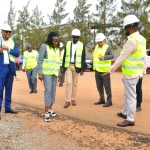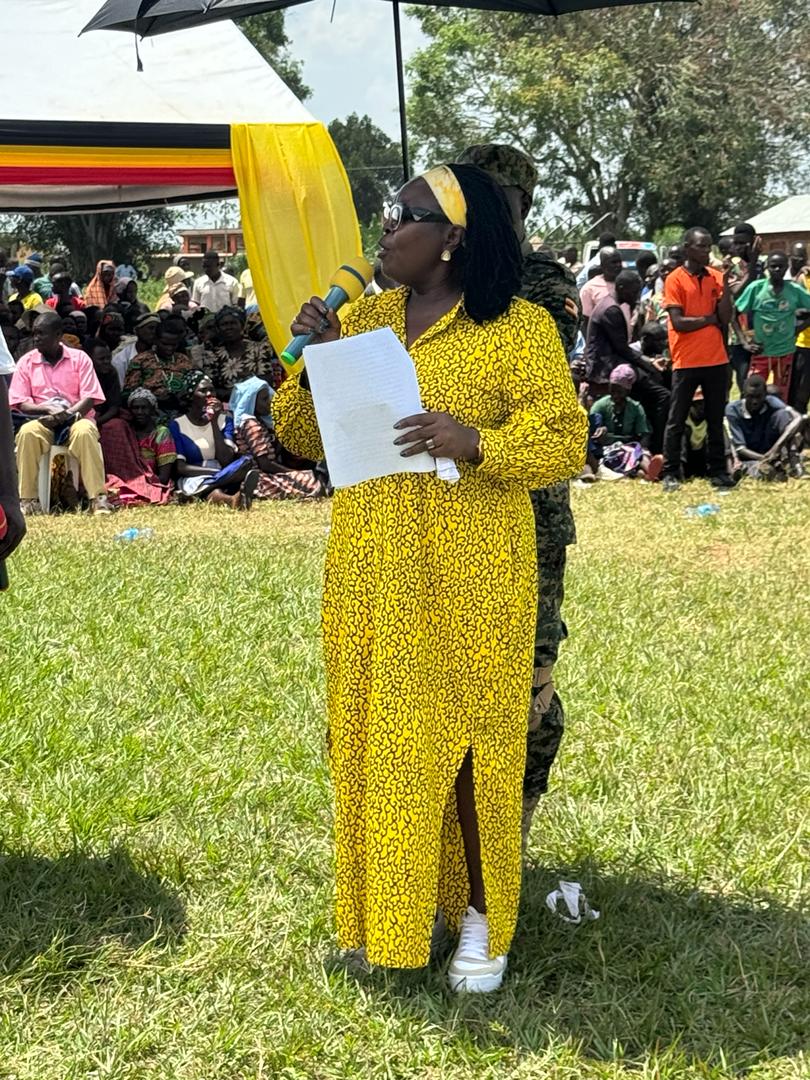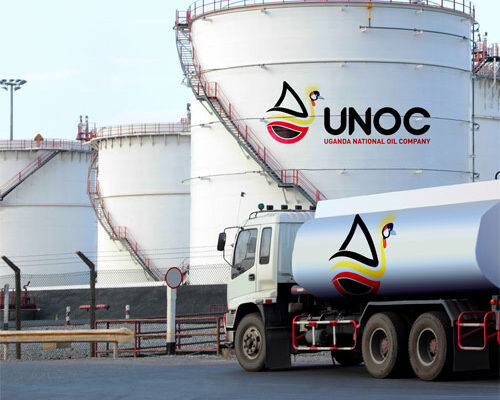Several insurance companies have decided against providing coverage for the East African Crude Oil Pipeline (EACOP), leading to further challenges for the already delayed project. A total of 28 insurers have opted out due to pressure from climate activists citing environmental and human rights concerns. AIG, Tokio Marine, Chaucer, and Hiscox remain willing to insure the project, but experts suggest that without broader insurance support, the project’s future is uncertain.
Environmental organizations, including Coal Action Network, Insure Our Future, and StopEACOP, have been targeting insurance firms to hold them accountable for their involvement in what they deem environmentally damaging projects. Pressure is expected to increase on remaining insurers to reconsider their involvement in the pipeline.
Local insurers are unable to cover more than 30 percent of the required insurance for the project, leaving it in a precarious situation. According to Dickens Kamugisha of the Africa Institute for Energy Governance, Uganda may lower its standards and offer attractive terms due to significant government debt, exceeding $25 billion.
EACOP, a 1,443-kilometer pipeline from Hoima in Uganda to the Tanzanian port of Tanga, is majority-owned by French oil giant TotalEnergies and state oil companies of China, Uganda, and Tanzania. The project has faced criticism for passing through ecologically sensitive areas, including national parks and wildlife reserves. Western banks have withdrawn support, and Chinese lenders are still deliberating a final decision.
Beyond environmental concerns, the economic viability of EACOP is questioned, given volatile international oil prices and the global shift towards renewable energy. At COP28 in Dubai, nations emphasized the importance of transitioning from fossil fuels. Experts argue that insurance and banking industries must responsibly avoid involvement in fossil fuel projects to promote a safe, healthy, and just future.
Despite challenges, Angela Ambaho of the Uganda National Oil Company asserts that the project is not struggling, with above-ground installations initiated in Tanzania and Uganda in November 2023, aiming for completion by December 2025.




















